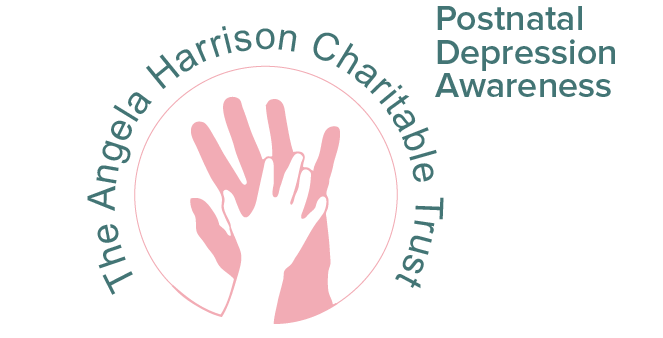What is Postnatal Depression (PND)?
Post-natal depression can develop if the Baby Blues lasts longer than 2 weeks, or becomes worse. Sometimes it can have a slower onset, and may only be noticeable several weeks after the baby’s birth. It can occur any time between birth and 18 months, but research shows that it peaks around 3 to 6 months. Postnatal depression affects 10 to 15% of women. It is often hard to detect as women often blame their symptoms on hormone changes, or hide their feelings because of fears of losing their children, so do not seek help when it is needed.
Symptoms of Postnatal Depression
- Persistently feeling low in mood, or irritable. This can often be directed at their partner.
- Frequent tearfulness
- Some mums feel that they can’t cope with their baby, or lack interest in their baby, and feel guilty because of this
- Some mum’s feel tense, anxious, or may suffer panic attacks
- They may find themselves worrying about their own or baby’s health all the time
- Most depressed mums feel very tired and lacking in energy
- They may be unable to concentrate or find simple tasks confusing
- Many mums have difficulty sleeping, even when they need to rest and baby is sleeping
- A change in appetite
- A loss of interest in sex
- Sometimes mum’s can get obsessional thoughts that they are ashamed of
Mum’s can have just a few, or sometimes all, of these symptoms.
Treatment
Mum’s should not be ashamed or feel guilty; it’s important to speak to somebody about how you are feeling.
Treatment can include anti-depressant medication, talking therapy or counselling, and self-help strategies; sometimes all 3.
Antidepressants are often used in pregnancy; the risks to baby are exceedingly small, and need to be balanced against the risks of leaving the illness untreated. If you are already taking an antidepressant it is probably not a good idea to stop it suddenly. You should speak to your GP if you are at all unsure.
Antidepressants can be safely used if you are breastfeeding because they are excreted in such tiny amounts in breast milk, and they do not affect baby. Sertraline is usually the preferred choice but others can be considered if, for example, that does not suit, or you are already established on another antidepressant. Again, you should speak to your GP if you are unsure.
The drugs work slowly and full recovery can take a few weeks, but in most cases they are very effective.
Counselling, or talking therapy can also be very effective. Cognitive Behaviour Therapy is a type of therapy which explores the connection between thoughts, feelings and behaviour. It helps with understanding the depression and develops coping strategies. It is one of the most successful treatments available for Postnatal Depression.
Ask your GP, Midwife or Health Visitor about therapy. This might be available at your local GP practice, or even over the telephone.
Support groups usually run in the local area, sometimes with a crèche. They offer just that- support. Do not underestimate the importance of socialising with other parents who may well be in the same position as you. These groups are also excellent for providing more information, and often just reassurance.
There’s also lots you can do to help yourself. -Get as much rest as you can. You might need the support of your family to help with this.
- Try not to worry about various aches and pains
- Eat well, taking in as much fresh fruit and vegetables and around 7 large glasses of water per day. It’s especially important not to go without food for long periods at a time as this can make the depression symptoms feel worse
- Take time out for yourself. Try and do some of the things that you would usually enjoy.
- Gentle exercise, a few times a week, if possible is a great help for depression.
Family and friends need to be very understanding, but can help through this difficult time. You may need lots of help and support before you recover, but remember this illness is temporary and very treatable. Believe that you will get better in the end, even if your recovery seems slow.




